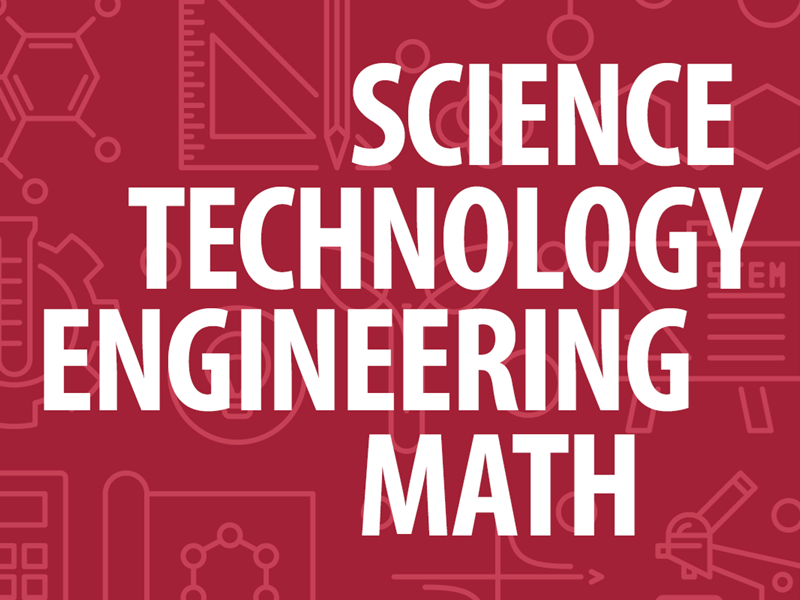Would you like to enhance your STEM degree with valuable communication skills while seeing if teaching is for you? The STEM Education program has three fun and interactive introductory courses for you to choose from!
If you like what you see, you can continue on to earn a certificate or minor in STEM Education or further on to earn a teaching license in biology, chemistry, physics, math or computer science. These courses have no prerequisites and can be taken in any order or during the same semester.
ARSC 1201 Introduction to Teaching STEM Subjects: This course provides a preview of what it is like to teach STEM subjects. Engaging activities that model effective teaching practices, discussions of STEM education issues and optional school observations will help STEM majors clarify interest in teaching as a career or as an additional skill as a STEM professional. Fulfills freshmen requirement: UNIV 1001 University Perspectives.
ARSC 1212 Field Experience in Teaching STEM Subjects (Inquiry-based Approach to Teaching): After learning strategies for engaging students and organizing a lesson, student pairs plan and teach three student-centered lessons (choice of math, science or computer science) in a local school classroom, assess student understanding and reflect on feedback. For STEM majors exploring teaching as an additional career option.
STEM 2003 The Art of STEM Communication: An interdisciplinary course that explores the importance of effective STEM communication in socio-scientific issues. Interactive and engaging, this course collaborates with the STEM and Fine Arts departments. Fufills a social science elective for State Minimum Core.
The STEM Education program has three pathways for STEM majors to enhance their degrees with coursework that develops communication strategies and understanding of learning in the STEM disciplines. Whether or not you are interested in a teaching career, you will find the strategies that teachers use to convey complex ideas and engage students in critical thinking are valuable to any STEM profession. Begin by enrolling in any of our introductory courses, then consider adding a STEM Education minor (15 credit hours), certificate (nine credit hours) or a teaching license (24 credit hours) to your STEM degree.
STEM advisers are happy to talk with you about options for adding a STEM education plan to your degree! Visit the STEM website or email teach@uark.edu.
Topics
Contacts
Kim McComas, teaching associate professor of math education
Department of Curriculum and Instruction
479-575-3280,
